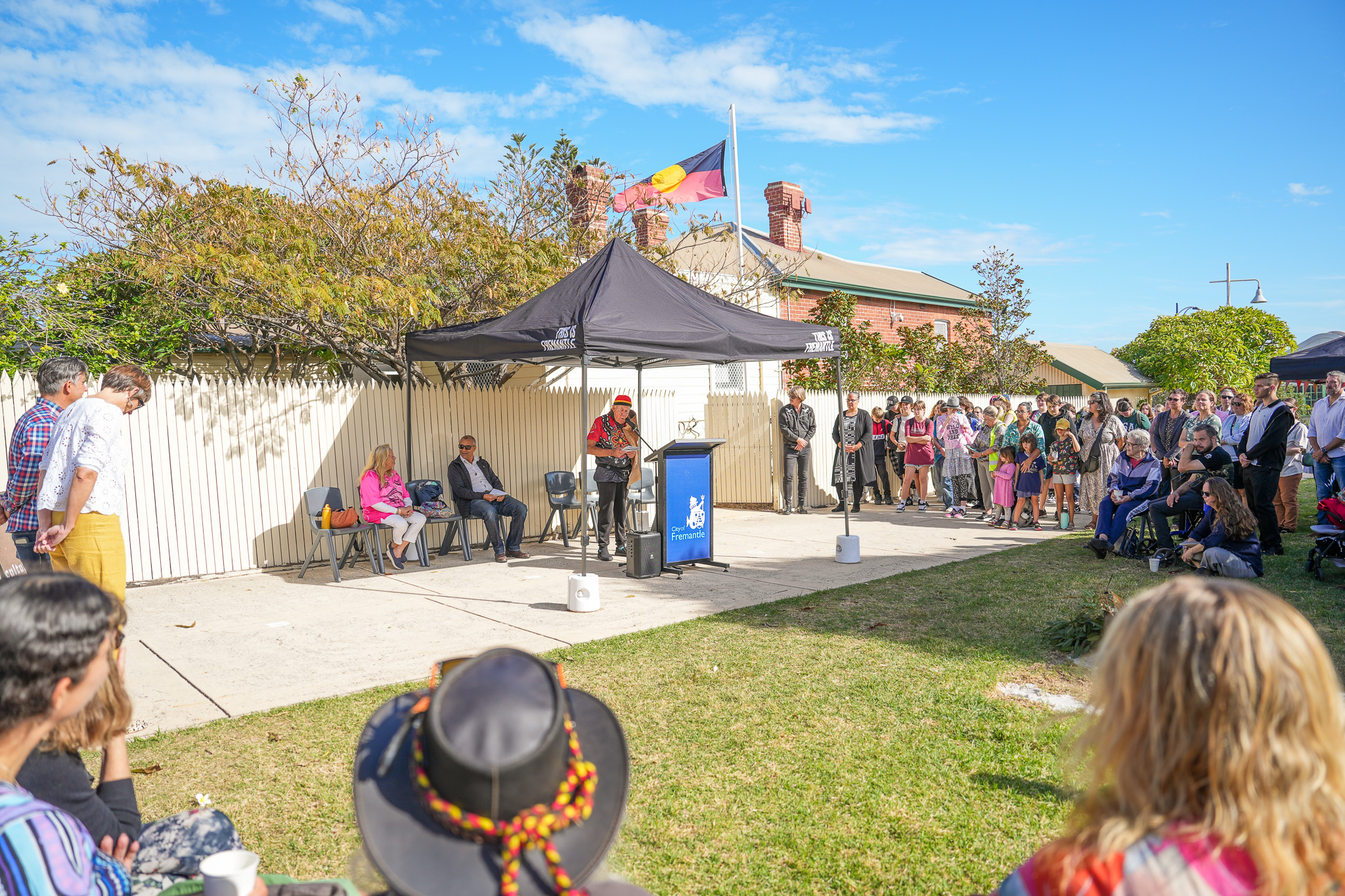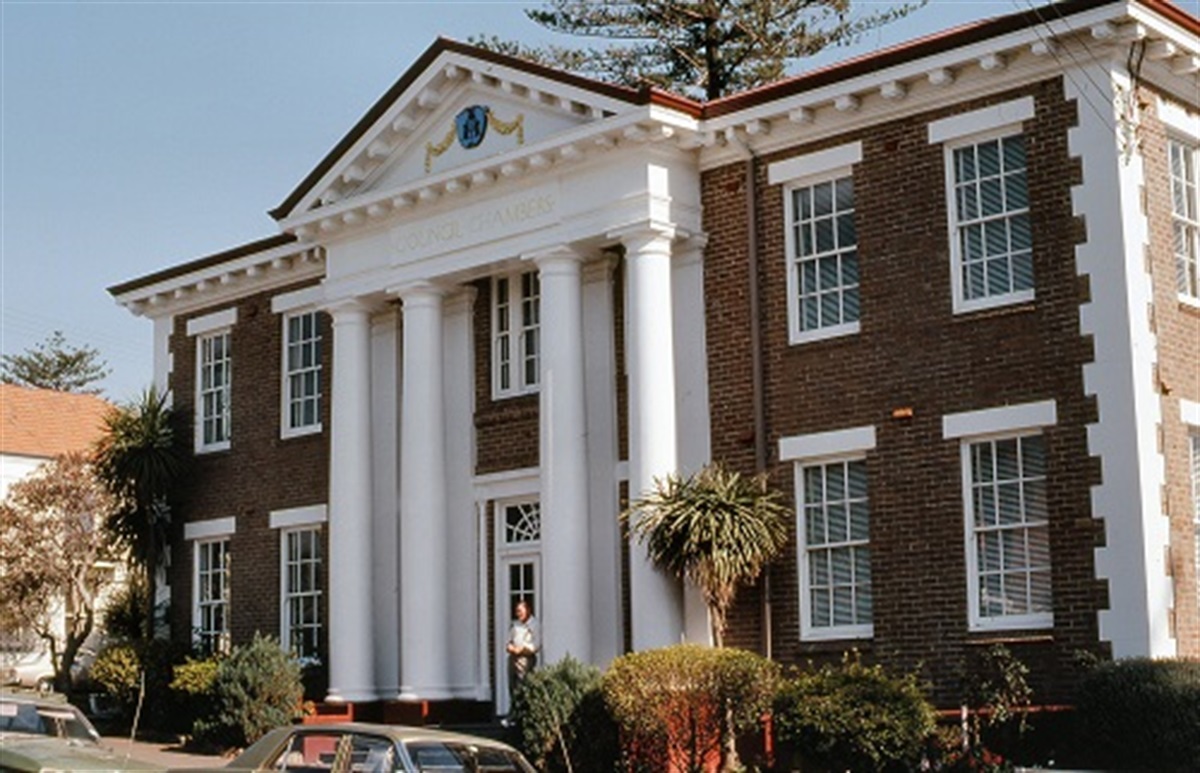One-in-10 Australians aged over 65 years who are hospitalised with pneumonia die from the “killer lung infection”.1,2
This is according to an article just published in MJA Insight1 which is driving Lung Foundation Australia’s urgent plea for all at-risk adults to vaccinate against pneumococcal pneumonia this Pneumonia Awareness Week (May 28 – June 2, 2019).
According to article author, renowned Infectious Diseases Paediatrician and Immunisation Coalition Chairperson, Professor Robert Booy, Sydney, most people carry the pneumococcal pneumonia-causing bacteria in their throat, which can be complicated by pneumonia due to a weakened immune system or viral infection.1,3
“All it takes is a simple lung or flu infection, particularly in those at-risk (people aged over 65 and those with medical and lifestyle risk factors), to wake the ‘sleeping dragon’ and develop into a life-threatening case of pneumonia.1
“We are experiencing a big flu season, with more than 44,200 already confirmed cases of the virus this year,4” said Prof Booy.
“Flu often develops into pneumonia.5 Although older Australians are increasingly having an annual flu shot, only one-in-two are vaccinating against pneumococcal pneumonia,6 leaving them vulnerable to the killer lung infection.”
Pneumonia is contracted by inhaling infected droplets from someone who has coughed or sneezed into the air.3 The infection results in more than 77,000 hospitalisations7 and 4,000 deaths8 in Australia each year.
GPs offer free pneumococcal vaccines to those at highest risk of the infection, including over 65s, infants, Aboriginal and Torres Strait Islander people, those with impaired immunity, chronic tobacco smokers and people with chronic medical illnesses, such as heart, lung, kidney and liver disease, and diabetes.9,10
Estimates suggest more than 10 million Australians will have their annual flu shot in the coming months.1
“Flu and pneumococcal pneumonia vaccinations can be given together, to offer at-risk adults the best protection against infection,” said Associate Professor John Litt, Retired academic GP, Flinders University and public health physician, Adelaide.
“Pneumococcal pneumonia is caused by the bacterium, Streptococcus pneumoniae. The adult pneumococcal vaccination protects against the 23 variations of this bacteria responsible for 85 per cent of adult pneumococcal infections in Australia.11
“The lung infection can hit anyone, at any time, especially older Australians. So when you next visit your GP, ask your doctor whether you qualify for a free pneumococcal vaccination,” A/Prof Litt said.
Mother and grandmother, Brenda, 71, Adelaide, who was diagnosed with the lung disease, bronchiectasis, at six months of age, has also experienced a severe episode of pneumonia.
“I was extremely ill, to the extent that I couldn’t hold myself up. I had severe sinus pain and my body was extremely cold. I couldn’t get warm. I was also coughing a lot, and had absolutely no appetite. When I started to cough up large volumes of mucous, I knew something was wrong,” said Brenda.
After taking a few days off work, and with her illness unabating, Brenda chose to visit her GP, who performed an X-ray of her lungs and a blood test, before placing her on a nebuliser. After diagnosing her with pneumonia, Brenda’s doctor organised for an ambulance to transport her immediately to hospital.
For the ensuing four days, Brenda was hooked up to an IV drip, and administered fluids to aid her recovery in hospital. She was later moved to a repatriation hospital, where she underwent further treatment and monitoring for another four days before being discharged.
“Given my first-hand experience of just how painful and life-threatening pneumonia can be, I plan to do whatever I can to protect myself from re-infection.
“I urge other Australians who too, are at risk of infection due to their age (over 65 years) alone, and/or because of sickness, to speak to their doctor about how best to protect against this preventable infection, including vaccination,” Brenda said.
Lung Foundation Australia CEO, Mark Brooke, said this year Pneumonia Awareness Week aims to ignite conversation about the dangers of pneumonia for those at particular risk, including Australians over the age of 65 and those living with chronic illness and immunocompromising conditions.
“Pneumonia is a leading cause of hospitalisation in Australia and vaccination is your best defence against contracting pneumococcal pneumonia. It’s also very important that people practice good hygiene, so washing their hands, maintaining clean surfaces, and avoiding others, including staying away from workplaces, if they feel symptomatic. All of those things are incredibly important, but it is absolutely critical to remember that pneumococcal pneumonia is vaccine preventable.
“Pneumonia symptoms include fever, cough or difficulty breathing12 and they often come on quite rapidly or may develop over one to three days. If you notice any of these symptoms, it is important that you see your doctor straight away,” said Mr Brooke.
The pneumococcal vaccine is provided free under the National Immunisation Program (NIP) Schedule for all Australians aged 65 and above, Indigenous Australians aged 50 years and over, Indigenous Australians aged 15 to 49 years who are medically at risk, and infants under 12 months.10 A second dose of vaccine is also available to Australians with immunocompromising conditions or chronic disease, or smokers, a minimum of five years following their first dose.10
The vaccine is also available on the Pharmaceutical Benefits Scheme (PBS), and the NIP in some States, for all adults aged 18 years or over, who are smokers or medically at risk, such as those with chronic lung, heart or liver disease or diabetes.10,13








